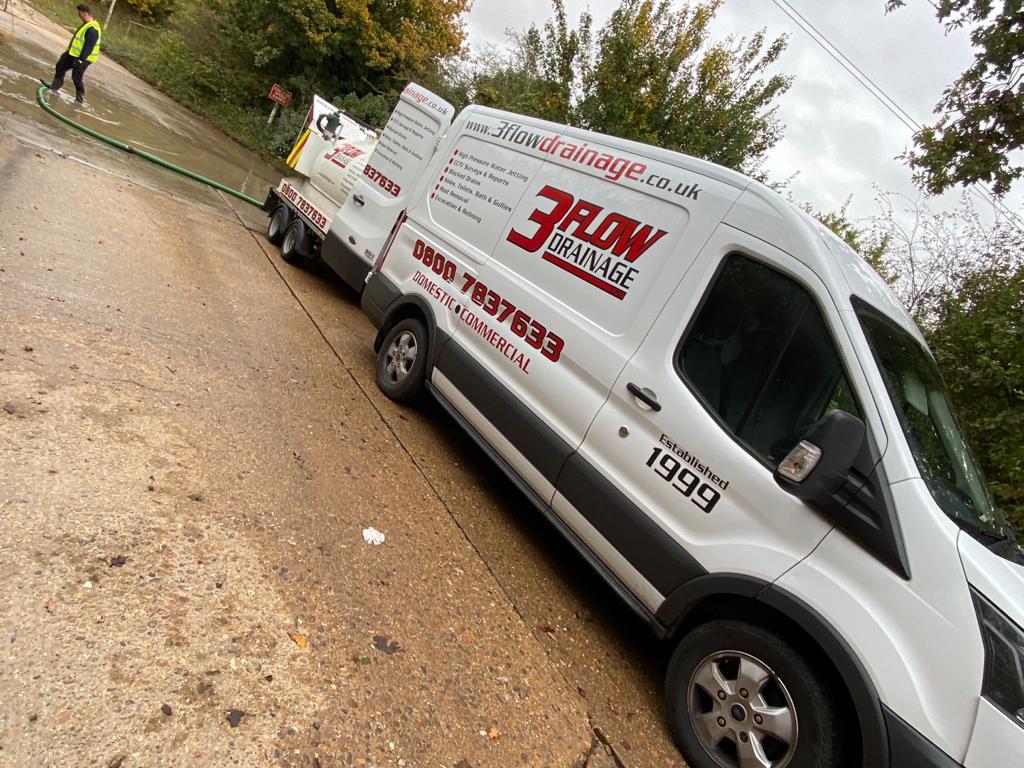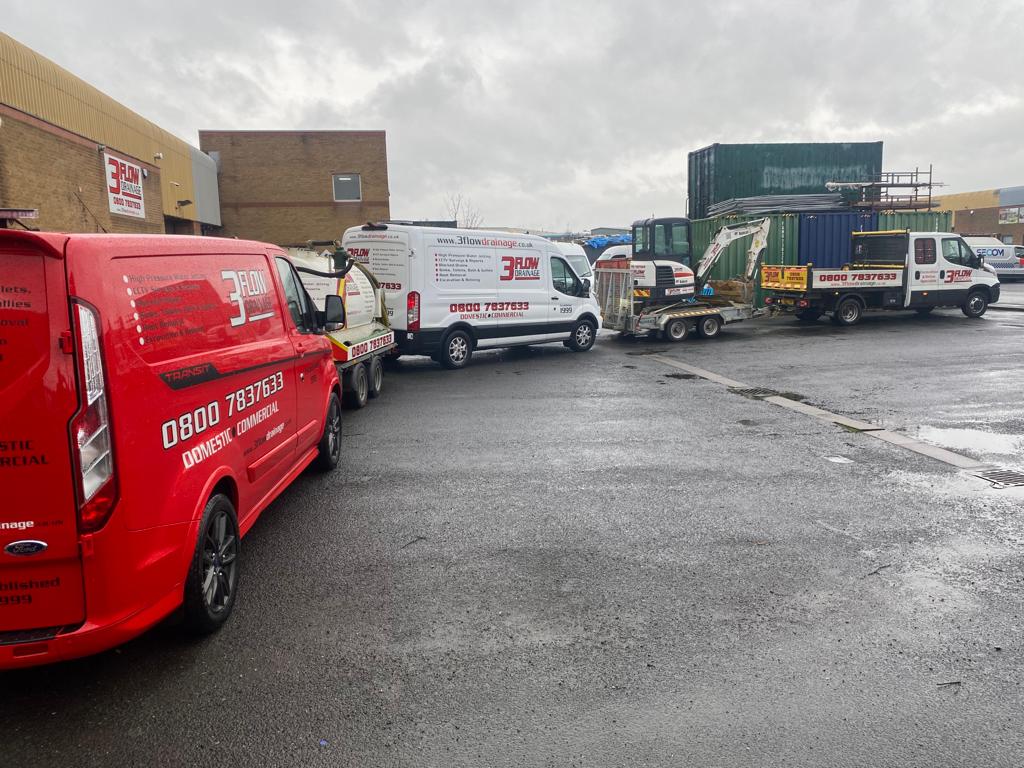Who Is Responsible For Blocked Drains In The UK?
Blocked drains are a common problem faced by UK residents. Blocked drains can cause several problems such as flooding, water backup, and sewage overflow. Depending on the cause of the blockage, it can be challenging to identify who is responsible for the blocked drain. The responsibility for blocked drains in the UK depends on various factors. This article will highlight the different factors that determine who is responsible for blocked drains in the UK.
The location of the blocked drain is an essential factor in determining responsibility. If the blocked drain is located within the boundaries of a property, it is the responsibility of the property owner to unblock the drain. Property owners are responsible for the entire drainage system within their property boundary, including the pipes that connect the building to the main sewer.
If the blocked drain is located outside the property boundaries, then it is the responsibility of the local water company to unblock the drain. Local water companies are responsible for maintaining the public sewers, which includes removing blockages from the sewers.
However, there are exceptions to this rule. In some cases, the homeowner may be responsible for unblocking the drain even though it is located outside the property boundary. For instance, if the blockage is caused by the homeowner’s actions, such as flushing inappropriate items down the toilet, the homeowner will be responsible for unblocking the drain, even if it is located outside their property boundary.
Additionally, if the homeowner has a private drain that connects their property to the public sewer, they are responsible for maintaining and cleaning the private drain. However, if the public sewer becomes blocked due to a problem with the private drain, the homeowner is still responsible for unblocking the public sewer.
Another factor that determines responsibility for blocked drains is the age of the property. Older properties may have combined drainage systems, where surface water and foul water go into the same system. In this case, if the drain becomes blocked, it is the homeowner’s responsibility to unblock the drain. However, newer properties have separate drainage systems, where surface water and foul water are kept separate. In this case, it is the responsibility of the local water company to unblock the drain.
The cause of the blockage is another factor that determines responsibility for blocked drains. If the blockage is caused by natural debris such as leaves, twigs, or dirt, it is the responsibility of the homeowner to clear the blockage. However, if the blockage is caused by inappropriate items being flushed down the toilet, such as wipes, sanitary products, or cooking fat, it is the responsibility of the homeowner to unblock the drain.
In cases where the blockage is caused by a defect or damage to the public sewer, such as a collapsed pipe or tree roots, the local water company is responsible for fixing the problem.
It is worth noting that responsibility for blocked drains is not clear-cut and can often lead to disputes between homeowners and local water companies. However, homeowners can take measures to prevent blocked drains by disposing of waste correctly and not flushing inappropriate items down the toilet. Regular maintenance of drains and gutters can also help prevent blockages.
In conclusion, responsibility for blocked drains in the UK depends on various factors such as the location of the blocked drain, the age of the property, and the cause of the blockage. Homeowners are responsible for maintaining and unblocking drains within their property boundaries, while local water companies are responsible for maintaining public sewers. However, there are exceptions to this rule, and disputes can often arise between homeowners and local water companies. Preventing blocked drains is always the best solution, and homeowners should take measures to dispose of waste correctly and regularly maintain their drains and gutters.







